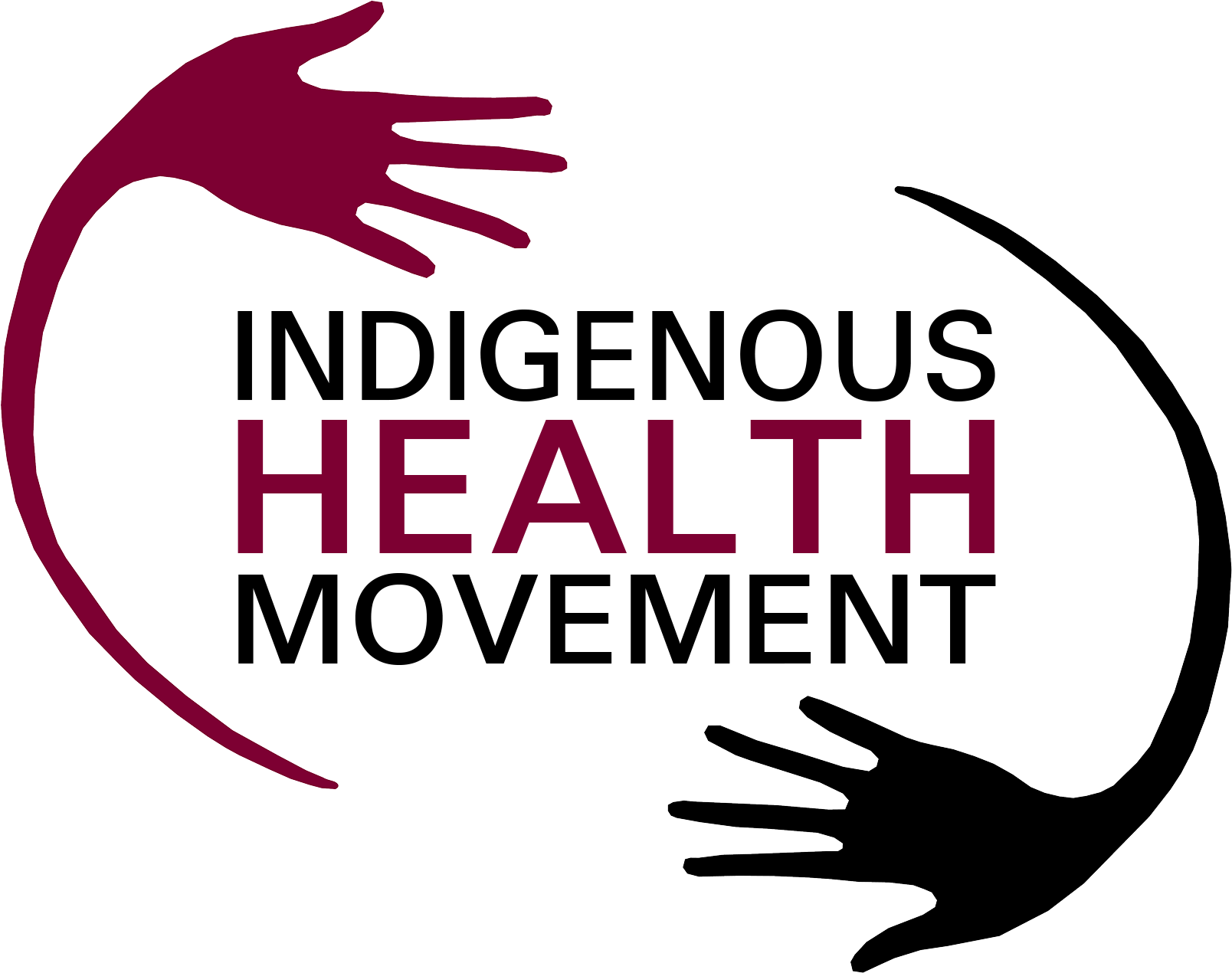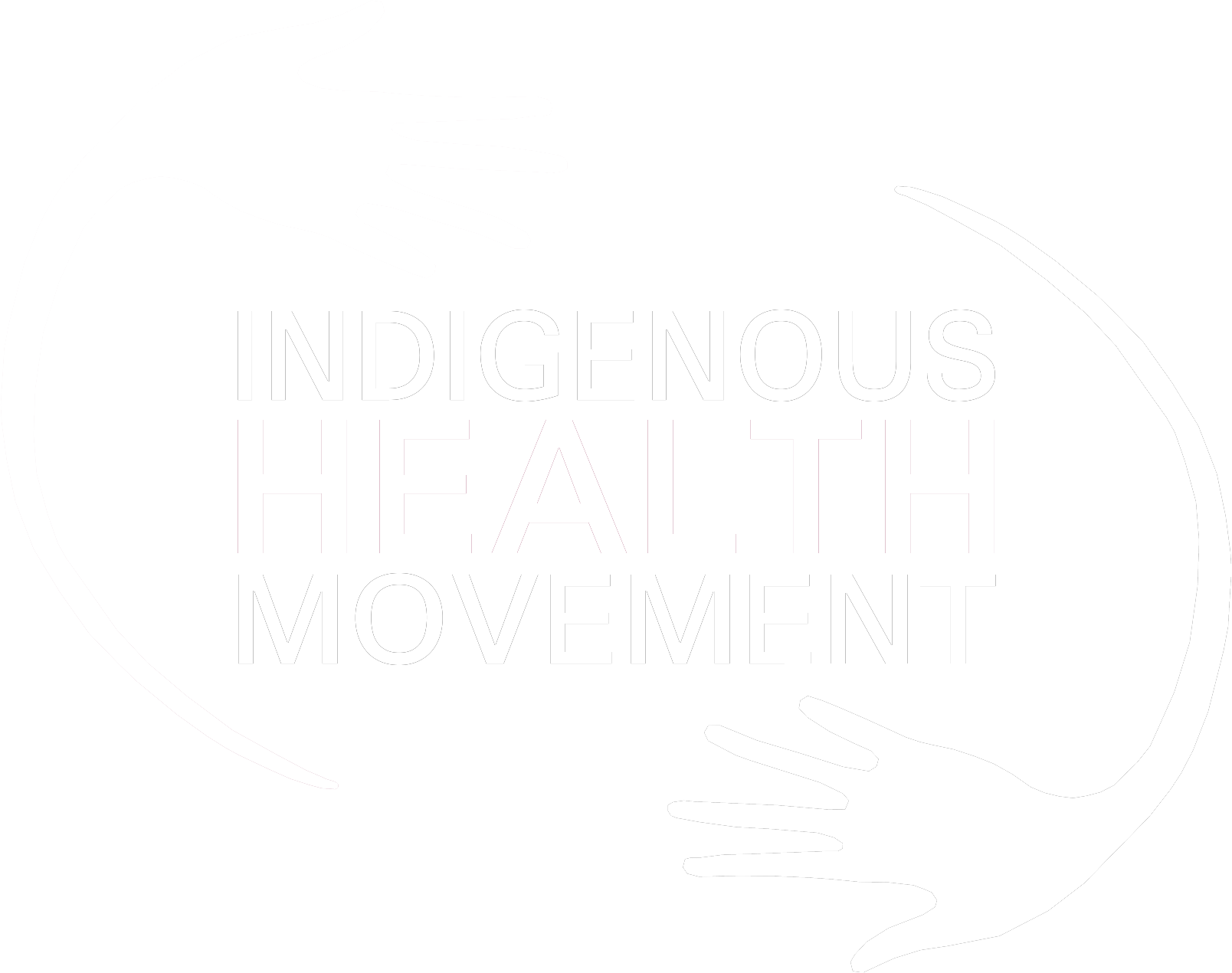Aaron Prosper
Aaron Prosper is a Mi’kmaq student from the Eskasoni First Nation, enrolled in his third year of the Bachelor of Science (Medical Sciences) program at Dalhousie University. Aaron is currently working as a student research under the supervision of Dr. Amy Bombay of Dalhousie University.
Aaron’s main fields of research include behavioural neuroscience, epigenetics, and indigenous health. He has worked within Mi’kmaw communities as a youth mentoring the Mi’kmaw Kina’matnewey Red Road Project, the Native Alcohol and Drug Abuse Counselling Association (NADACA), and other Mi’kmaw organizations. Being an ambassador for Mi’kmaq education, culture, and language, and continuously helping to bridge the gaps between the Mi’kmaq communities and mainstream society, Aaron is the President of Campus Affairs for the Dalhousie Indigenous Students Collective (DISC) and sits on a number of committees throughout Dalhousie University, the Halifax Regional Municipality and throughout Nova Scotia. He is also an active Lifeguarding and First Aid Instructor within Dalhousie University and the Nova Scotia Lifesaving Society, and is an assistant coach of the Team Nova Scotia NAIG swim team.

